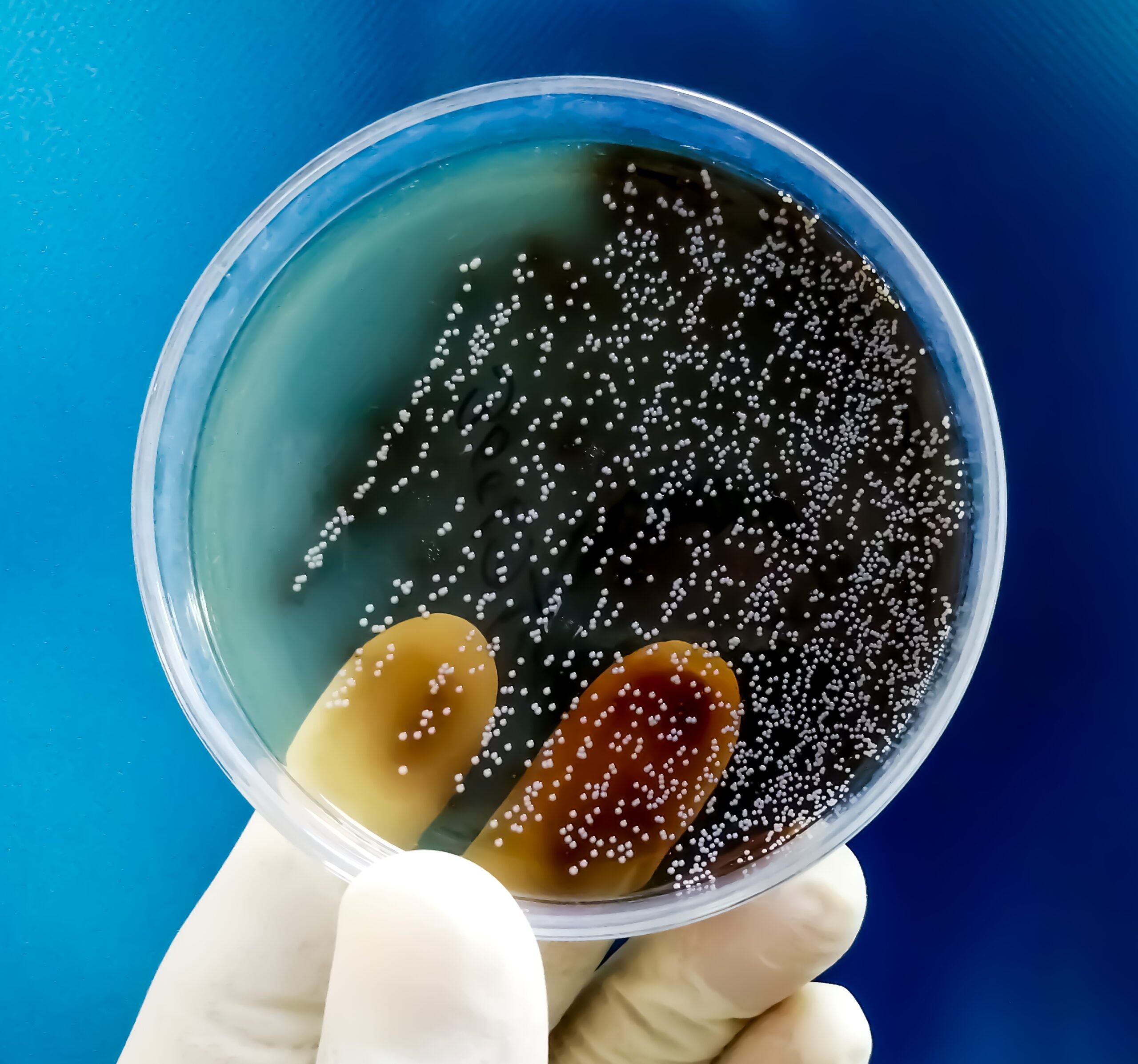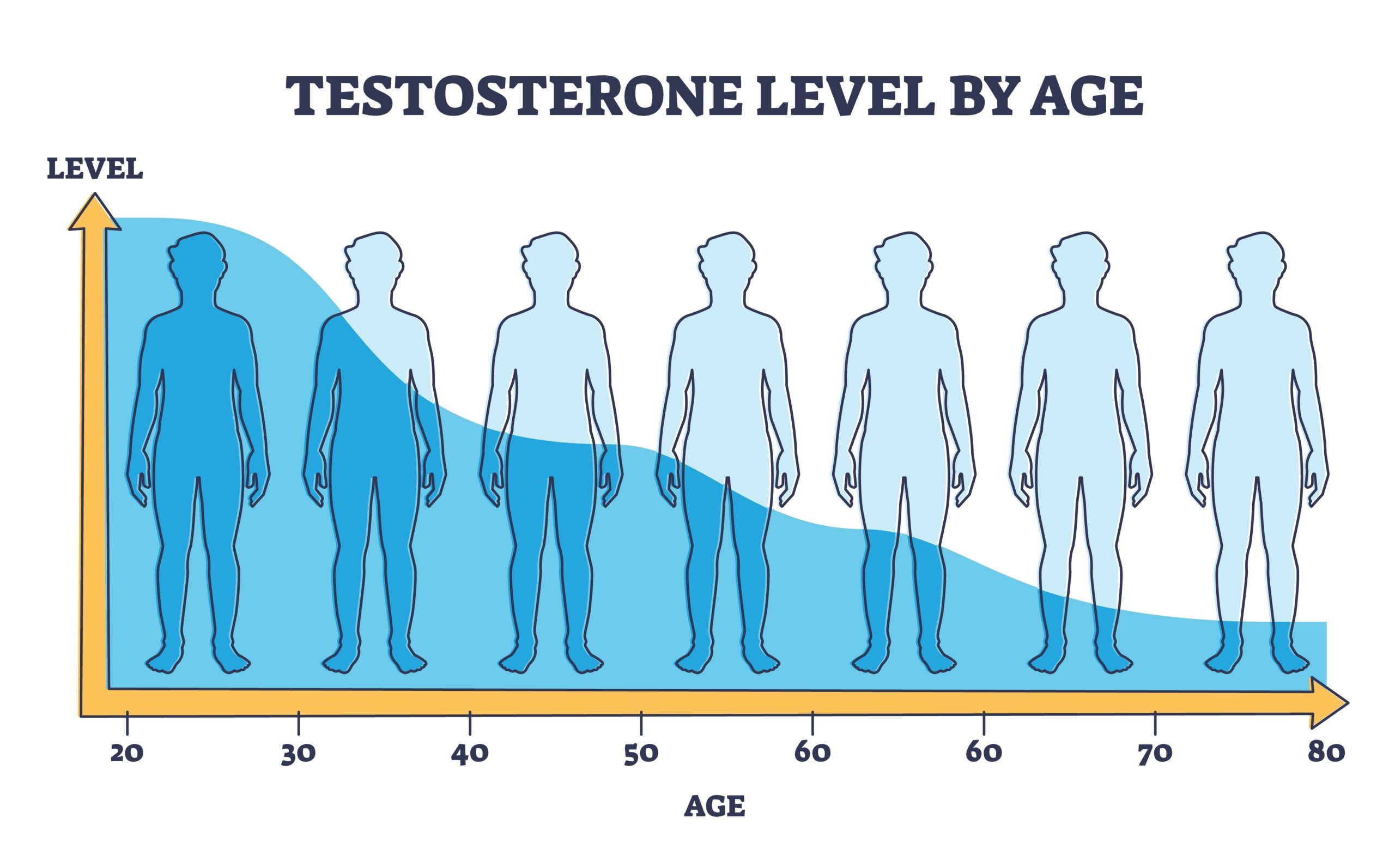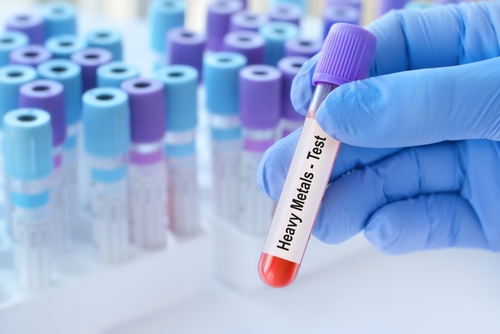Vitamin D3 and curcumin may prevent and treat Alzheimer’s Disease (AD), suggests research carried out earlier this year, by preventing the debilitating build up of amyloid plaques that characterises this disease.
Patients with AD cannot clear amyloid-β due to defects within the innate immune system. Amyloidosis results, and plaques are deposited on the brain. Scientists from UCLA incubated macrophages of AD patients and healthy controls with amyloid-β, vitamin D3 and curcuminoids, finding that vitamin D3 strongly improved clearance of amyloid-β. The macrophages of some patients were further stimulated by synthetic curcuminoids.
The researchers concluded that vitamin D3 and curcumin offer promising possibilities for the treatment and prevention of Alzheimer’s Disease; further research is expected to clarify dosage guidelines for these nutrients.
Vitamin D3 is actually a pro-hormone rather than a true vitamin. It is produced in the body in response to sunlight, and good dietary sources include eggs, liver and fish oils. In addition, milk, yogurt, oil spreads and breakfast cereals may be fortified with vitamin D3. Curcumin is found in turmeric and is known to have antioxidant and anti-inflammatory properties.




